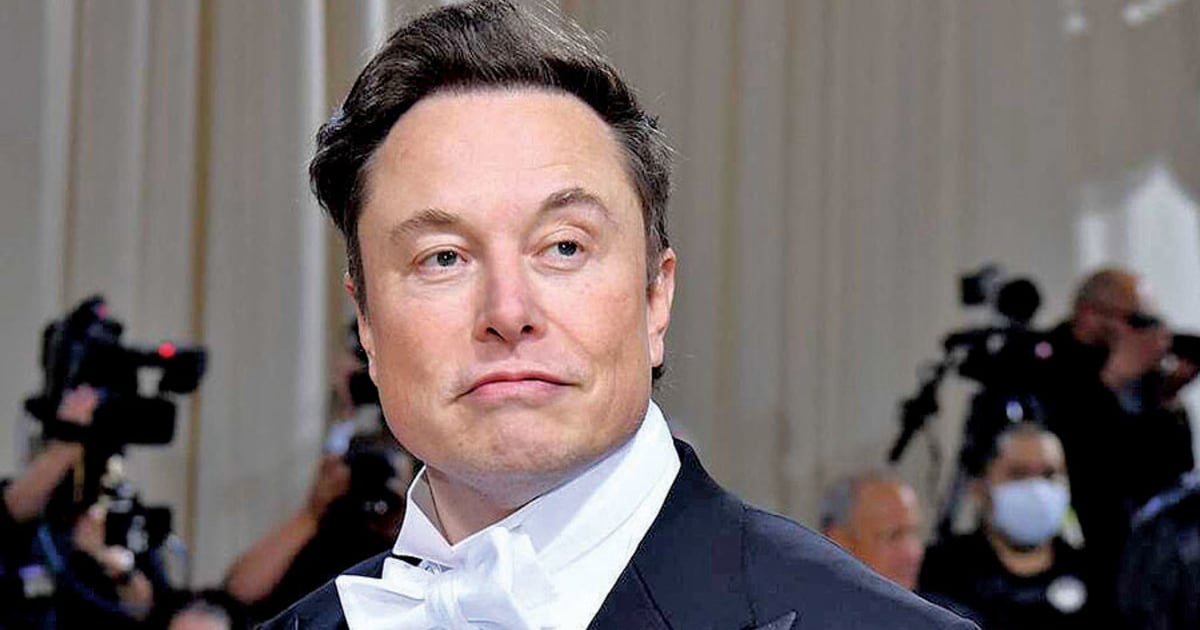
Elon Musk testified that Saudi Arabia’s sovereign wealth fund “unequivocally” wanted to take Tesla Inc. private in 2018, a core element of his defense to claims that his tweets about the take-private plan misled shareholders.
The shareholders contend in a class-action lawsuit that the tweets were lies that cost them big losses from wild stock price swings over a 10-day period before the plan was abandoned.
As he resumed testifying Monday after a brief appearance on the witness stand Friday, Musk told jurors that he had met on July 31, 2018, with representatives of Saudi Arabia’s sovereign wealth fund, the Public Investment Fund, at Tesla’s Fremont, California, factory, and discussed the transaction. He said the amount required for the fund was “potentially” less than $10 billion. Court filings indicate that Musk himself owned about 19 percent of Tesla at the time. The billionaire would have needed more than 50 percent to take the company private.
“The thing that was absolutely unequivocal is that they were absolutely supportive of taking Tesla private,” Musk said in San Francisco federal court. “Unequivocal, without hesitation.” The PIF’s governor, Yasir Al-Rumayyan, had checked with Saudi Arabia’s Crown Prince, Musk said. “I took that to mean it was a done deal.”
Musk said he did not discuss a takeover price, but the Saudi representatives made clear they would do what it took to make a buyout happen.
Nicholas Porritt, a lawyer for the investors, prodded Musk with questions about why there was nothing in writing and no details on the specific amount that the PIF would pony up.
“That’s not really how they do business,” Musk said. “If they say they’re going to do something they do. A signed document is neither here nor there.”
The trial requires jurors to delve into Musk’s state of mind when he tweeted on Aug. 7, 2018, that he had “funding secured” to take Tesla private at $420-a-share and added that “investor support is confirmed.”
Porritt asked Musk whether the reference to $420-a-share was really a joking reference to marijuana culture that he thought would amuse his girlfriend at the time. Musk denied it, saying that amount was chosen because it reflected about a 20 percent premium on Tesla’s stock price.
“I don’t know if she thought it funny or not but the 420 price was not a joke,” he testified.
Musk’s lawyers told the jury during opening statements last week that while his tweets were rushed and contained technical errors, they accurately conveyed that he was sincere about taking Tesla private.
In his testimony Friday, the renowned entrepreneur and prolific Twitter user offered a remarkably modest assessment of his influence on the social media network that he now owns: “Just because I tweet about something doesn’t mean people believe it or will act accordingly.” The testimony showed Musk minimizing his role in the electric car-maker’s surging stock price after he tweeted.
The trial comes as Musk’s wealth has dwindled from a peak of $340 billion in November 2021. He became the first person in history to lose more than $200 billion, all while he spent $44 billion to acquire Twitter Inc. Last month, he was dethroned as the world’s richest person and Tesla’s stock has plummeted 27 percent since Dec. 1, with the electric-car maker facing increased competition and a looming recession.
Musk is no stranger to courtroom battles – and has been nicknamed “Teflon Elon” for his ability to escape unscathed. He took the stand and prevailed in trials in 2019 in Los Angeles and in 2021 in Delaware. He also testified in November in a Delaware investor case over his $55 billion Tesla pay package — but that one hasn’t been decided yet.